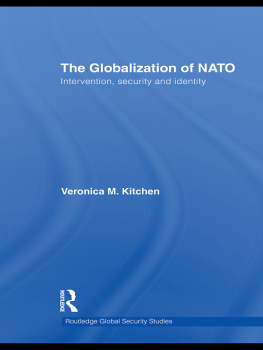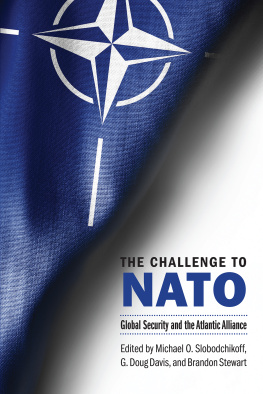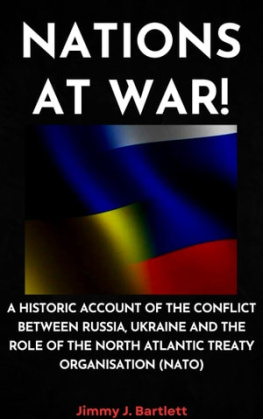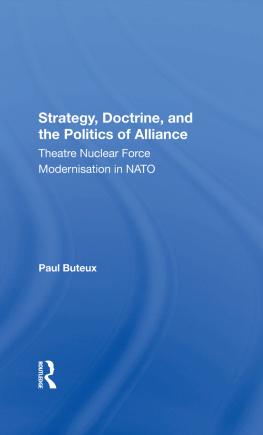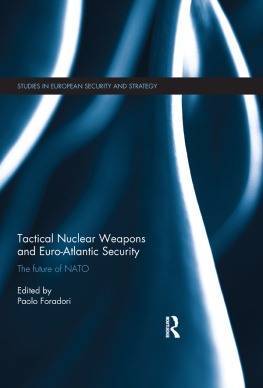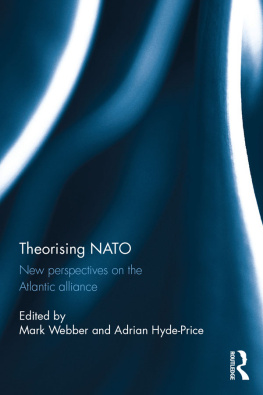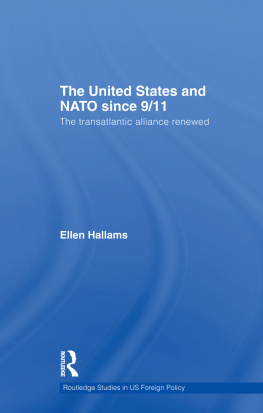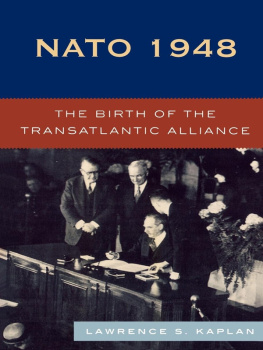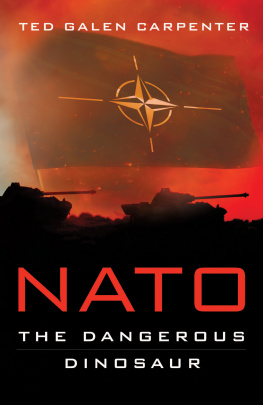Eric Terzuolo - NATO and Weapons of Mass Destruction: Regional Alliance, Global Threats
Here you can read online Eric Terzuolo - NATO and Weapons of Mass Destruction: Regional Alliance, Global Threats full text of the book (entire story) in english for free. Download pdf and epub, get meaning, cover and reviews about this ebook. year: 2009, publisher: Routledge, genre: Science / Politics. Description of the work, (preface) as well as reviews are available. Best literature library LitArk.com created for fans of good reading and offers a wide selection of genres:
Romance novel
Science fiction
Adventure
Detective
Science
History
Home and family
Prose
Art
Politics
Computer
Non-fiction
Religion
Business
Children
Humor
Choose a favorite category and find really read worthwhile books. Enjoy immersion in the world of imagination, feel the emotions of the characters or learn something new for yourself, make an fascinating discovery.

- Book:NATO and Weapons of Mass Destruction: Regional Alliance, Global Threats
- Author:
- Publisher:Routledge
- Genre:
- Year:2009
- Rating:5 / 5
- Favourites:Add to favourites
- Your mark:
NATO and Weapons of Mass Destruction: Regional Alliance, Global Threats: summary, description and annotation
We offer to read an annotation, description, summary or preface (depends on what the author of the book "NATO and Weapons of Mass Destruction: Regional Alliance, Global Threats" wrote himself). If you haven't found the necessary information about the book — write in the comments, we will try to find it.
NATO was hugely successful in facing off the Soviet Union during the Cold War. But has it been equally successful in addressing the new threats of the post-Cold War era?
This new study assesses the organizations political and military initiatives, and how its outreach to Russia, Ukraine, and other countries in the Euro-Atlantic and Mediterranean regions, devoted considerable attention to WMD proliferation risks. It also probes the political factors, both inside and outside NATO, as well as resource constraints, which have limited the alliances added value in the international communitys effort to combat proliferation.
The events of 11 September 2001 and bitter intra-alliance controversy over the 2003 Iraq intervention have highlighted questions regarding NATOs future role, and even its continued viability. This is a serious reflection on how the alliance should figure in the fight against WMD and terrorist threats and an examination of todays key issues, including the use of force in international relations and the possibility of constructing new, post-Cold War collective security rules. This is the first study to evaluate, critically and in-depth, how a long-standing security organization has adapted - and must continue to adapt - to the global security challenges of our time.
This book will be of great interest to all students and scholars of international politics, military history and all readers interested in the future of NATO and international security.
Eric Terzuolo: author's other books
Who wrote NATO and Weapons of Mass Destruction: Regional Alliance, Global Threats? Find out the surname, the name of the author of the book and a list of all author's works by series.

